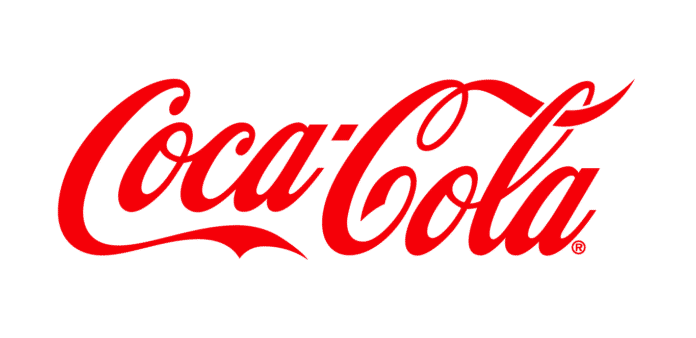For a number of reasons, Coca-Cola has never attempted to patent its special recipe. First and foremost, patents are temporary protections with a normal 20-year lifespan. The recipe would become known to the general public once the patent ran its course, allowing rivals to legally copy it.
Since the Coca-Cola formula has been a key component of the company’s brand identification and competitive advantage for more than a century, patenting it would eventually put this advantage at danger.
As part of the patenting procedure, the formula’s specifications must be disclosed to the patent office, putting it at danger of theft or unauthorised access. Instead, by maintaining strong control over who has access to the information, Coca-Cola can lessen the likelihood of it falling into the wrong hands by keeping the formula a trade secret.
The trade secret laws and internal security procedures that protect Coca-Cola’s formula already exist. The business keeps the formula under strict security, limiting access to a small group of important people and asking them to sign non-disclosure agreements.
The formula has been protected by this level of secrecy for decades, negating the need for Coca-Cola to secure a patent.Coca-Cola may secure its economic edge and preserve the mystique around the iconic drink by deciding not to patent its secret recipe. By doing so, Coca-Cola will have perpetual exclusive control over the recipe.


